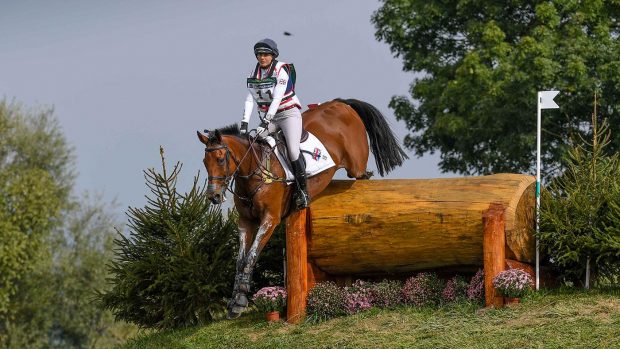Long and short eventing formats have the same impact on horses’ welfare at CCI** level, according to a new study by the University of Liverpool.
Jane Murray and Ellen Singer from Liverpool’s Faculty of Veterinary Science compared the recovery rates of horses taking part in short and long format CCI** events at Weston Park in October last year.
The study tested 69 horses which competed in the short format and 74 which took part in the long format. The two groups, which had similar levels of pre-event fitness and experience, competed on the same day over an identical cross country course with consistent ground conditions.
The Liverpool team checked the horses’ temperature, pulse and respiration rate of each horse 10 minutes before the start and at seven time points after completing the cross-country phase. They also took blood samples from both groups within two minutes, and some 6 hours after completing the cross-country course.
The tests found “no significant differences” in the temperature and respiratory rates of the two groups both before and after the undertaking the course, showing that the warm-up routine used in the short format was effective. The percentage of horses starting and completing both formats was also comparable.
The only notable difference between the two was that the horses’ mean (average) heart rate was much higher in long format horses both immediately before and after the phase. However, “the difference doesn’t seem to persist beyond 10 minutes,” according to Singer, and doesn’t seem to have an effect on recovery.
The blood tests also showed “no significant differences” between the two groups, with the exception of the packed cell volume and ionised calcium levels, which were respectively higher and lower in short format horses. This could be linked to the fact that total exercise times are longer for horses competing in the long format. However, Singer believes “it is difficult to determine if these differences had a long term effect on horses’ welfare at CCI** level, given the similar recovery rates [of both groups]”.
These results led Singer and Murray to conclude that there is “no evidence that the short format competition is more beneficial on horse welfare grounds when compared to the long format competition at CCI** level. The short format and long format competitions appear to have similar physiological effects at this level.”
The Liverpool researchers, however, noted that the warm-up routine used in the short format varied hugely from competitor to competitor. Although this is partly linked to riders’ attempts to suit the nature of their horses, Murray and Singer think that further scientific research into short format warm-up techniques could help identify the most suitable warm-up strategy.
The two researchers are also keen to carry out comparative studies of recovery times in horses taking part in CCI*** and CCI**** to check whether their findings hold true at higher competition levels.
“We would love to do that,” says Singer. “It depends if anyone is running both formats side-by-side as it would need to be the same course on the same day in the same weather in order to compare the two properly.”



